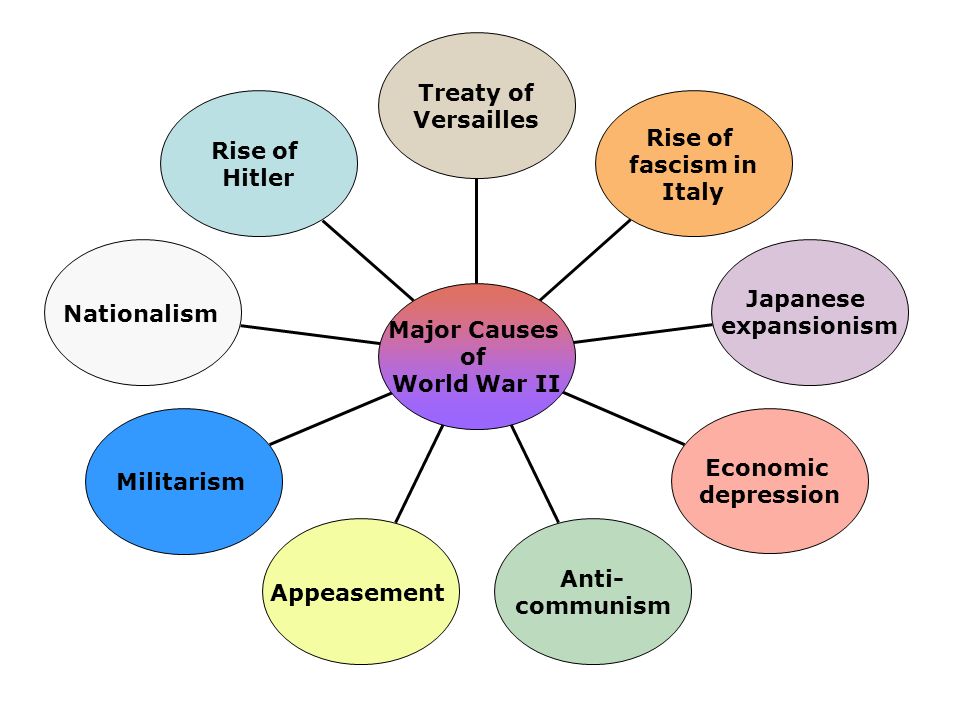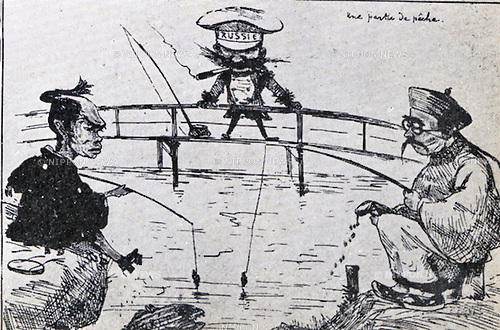Presented by Angela, Weiheng, Charis, and Ikuko
Summary of Japanese Internment
In 1941, Japanese immigrants and Japanese-Americans in the U.S. were kept in the camps during World War II by President Franklin Roosevelt. He initiated because the attack on Pearl Harbor was a surprise military strike by the Japanese Military. Some of them who had the notice earlier left the West Coast. Others couldn’t take plenty of their belongings because the notice was too short. Some Americans who were working with these Japanese tried to fight against, and help with removal policy. Although American treated Japanese like slays, Japanese were accepted. Also, they got a mental problem during the camp. Nevertheless, they would join the American army to serve for American. After World War II, the U.S. government showed some apologies to Japanese. In addition, since Japanese-American made a huge contribution for Americans, all of the Japanese were released from the camps. Therefore, through their effort, American generated some funds to compensate them. This lasted for two and a half years.
>> Issei (Japanese immigrants) began emigrating from the Empire of Japan in 1868 to find work to survive.
(Background of internment camp)
- On December 7, 1941, the Imperial Japanese Military dropped bombs suddenly to the U.S. naval base at Pearl Harbor in Hawaii, and it led the U.S. into World War II. Therefore, the President Franklin D. Roosevelt signed Executive Order 9066 authorizing the Secretary of War to establish Military Areas and to remove from those areas anyone who might threaten the war effort.
(What was happened after Pearl Harbor Attack)
- Japanese-Americans (120,000 ppl) were forced to relocate to internment camps in Washington, Oregon, California, and Arizona. (10 temporary assembly centers located at racetracks, fairgrounds, and similar facilities)
- The relocation was complete November in 1942.
- Japanese-Americans didn’t know where they had to live, or how long they would stay there. However, each family was assigned an identification number and loaded into cars, buses, trucks, and trains under the U.S. military’s lead. Japanese-Americans were taking only small stuffs what they could carry lightly.
(Inside the camps)
- In the internment camps, they didn’t have freedom. American army monitored them for 24 hours, even they were taking shower. Therefore, they didn’t have any privacy and dignity in the camp.
Japanese family's camp life
(Working situation)
- Japanese-Americans were struggled to find their jobs because no one Americans would hire them. Even though they got a job, they got very lower paid. Some Japanese-American joined the American military, and served for American side
In 2011, the US combat #442 (Japanese-American) Veterans received award from the U.S. government.
+++ From Citizen to Enemy: The Tragedy of Japanese Internment +++
- The United States has always hidden the practice of depriving civil liberties of war.
- The US government restricted the freedom of Japanese-American citizens.
- Excluded Japanese-American families began to be fragmented.
- Some Japanese Americans are detained.
- Students are skeptical about their first contact with these hidden incidents.
- Slow apology.
- Establish a monument to the story of these deportations.
- Patriotism of Japanese American citizens.
- The monument only records the contributions of American citizens of military and political affairs, and there is no story of being detained in ordinary families. This is incomplete.
< World War II >
World War II (1939 - 1945) was formed by two opposing military alliances; the Allies and the Axis, and involved more than 100 million people from over 30 countries. (Japan aimed to dominate Asia and the Pacific)

1932- 1939 The Soviet - Japanese border War
1937-1945, The Second Shino - Japanese War which was the war with China.
In 1939, German invention started. Adolf Hitler - Nationalism affected WW II.

On September 27, the Tripartite Pact between Japan, Germany, and Italy was signed.
Germany conquered or controlled much of continental Europe, and formed the Axis alliance with Italy and Japan.
Germany and the Soviet Union partitioned and annexed territories of their European neighbors, Poland, Finland, Romania and the Baltic states. (Nuetral Nations)
<<Vocabularies>>
- Internment & the internees: internment: The state of being confined as a prisoner,
especially for political or military reasons. Internees: A person who is
confined as a prisoner
- Military alliances: the corporate relationship between two or above countries to against
the enemy.
- Invasion: an instance of invading a country or region with an armed force.
- Tripartite Pact: in 1940, Germany, Italy, and Japan became allies with the signing of the Tripartite Pact. The Pact provided for mutual assistance should any of the signatories suffer attack by any nation not already involved in the war.
- Executive Order 9066: US presidential executive order signed and issued during World War II by United States President Franklin D. Roosevelt on February 19, 1942. This order authorized the Secretary of War to prescribe certain areas as military zones, clearing the way for the incarceration of Japanese Americans, German Americans, and Italian Americans in U.S. concentration camps.
- CWRIC, Commission on Wartime Relocation and Internment of Civilians: a group of nine
people appointed by the U.S. Congress in 1980 to conduct an official governmental study of Executive Order 9066
- Racism reparation (race prejudice): when Japanese-Americans were internment, they were discriminated by American. Since Japanese-Americans made huge contributions for American, they got paid and released from camp.
- Civil Liberties Act of 1988: signed by Ronald Reagan, the purpose was compensated for
Japanese-Americans who were in the internment camp.
- Espionage: people who help governments to obtain political and military information.
<Bibliography>
http://www.foxnews.com/us/2017/03/15/japanese-american-recalls-time-in-internment-camp-75-years-later.html
⥤This video is talking about Bill Nishimura‘s idea for the time in internment camp.
http://www.history.com/topics/world-war-ii/japanese-american-relocation
⥤This video is talking about what President Franklin Roosevelt’s Executive Order 9066 effected Japanese American.
Articles/References
https://en.wikipedia.org/wiki/World_War_II
https://allthatsinteresting.com/japanese-internment-photos
https://www.historyonthenet.com/world-war-two-japanese-internment-camps-in-the-usa
https://rainbowmekids.com/seen-enemy-442nd-regimental-combat-team/
🔻Discussion group video link🔻

No comments:
Post a Comment
Note: Only a member of this blog may post a comment.